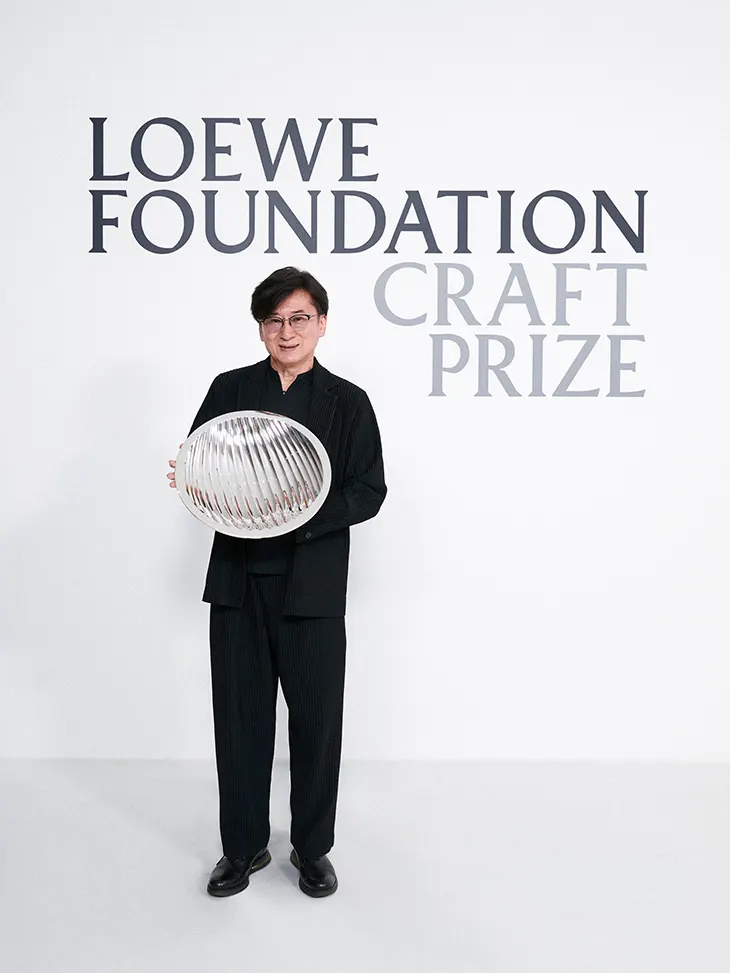
Kunimasa Aoki has received the 2025 LOEWE FOUNDATION Craft Prize for Realm of Living Things 19, a terracotta sculpture that explores how clay behaves under physical strain. Aoki, born in Japan in 1963, earned the €50,000 prize after a rigorous selection and review process that began with more than 4,600 submissions from 133 countries and regions. The announcement coincides with an exhibition of all 30 finalists’ works, hosted at Madrid’s Thyssen-Bornemisza National Museum from May 30 to June 29, 2025.
ART
The sculpture uses compressed coils of terracotta, shaped and stressed through techniques that introduce gravity, time, and heat as key forces in the creative process. Aoki stacked and compacted layers of clay, then smoked them in the kiln before finishing the surface with soil and pencil marks. The finished work reveals both control and chance, where material responses, not mechanical perfection, guide the result.
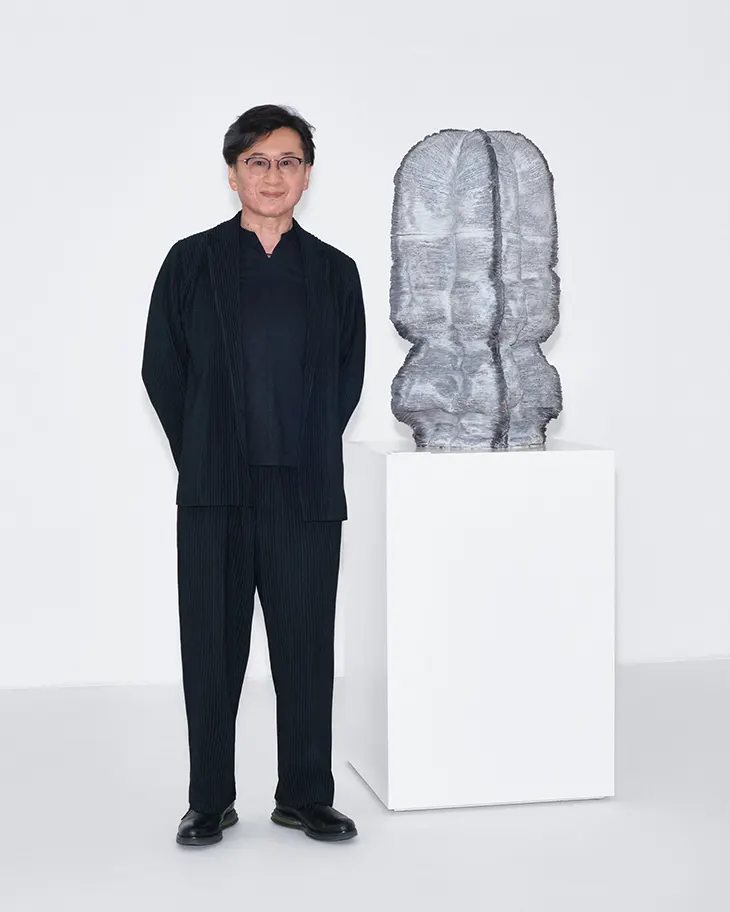
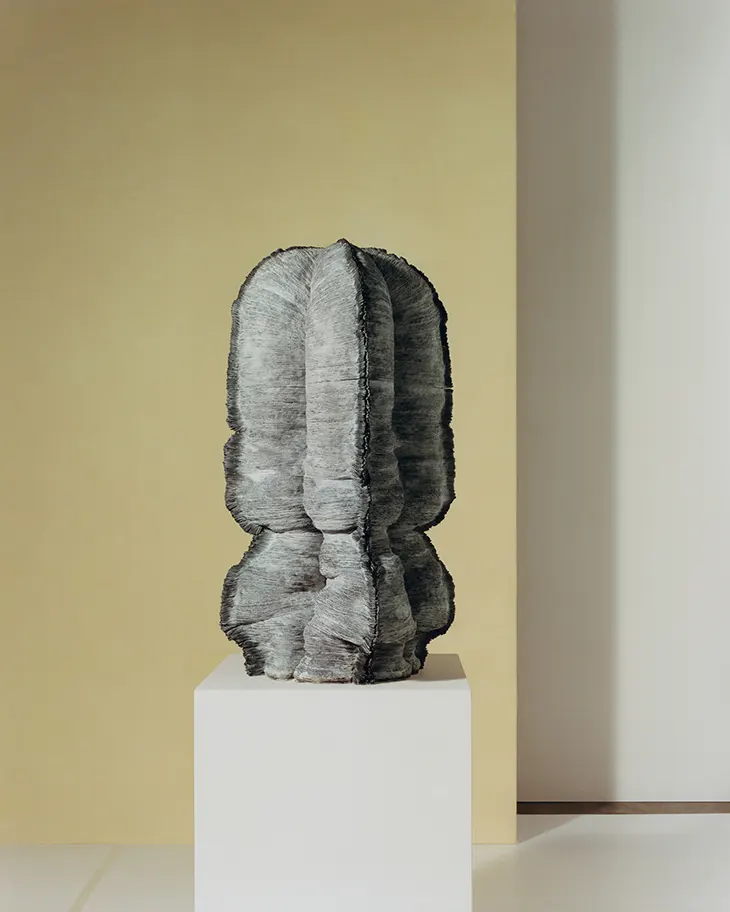
A 12-person jury composed of architects, artists, curators, and designers chose Aoki’s piece based on its technical precision, conceptual strength, and tactile depth. The jury included Patricia Urquiola, Wang Shu, Olivier Gabet, Magdalene Odundo, and Frida Escobedo. In their remarks, they pointed to Aoki’s honest approach to the ancestral coil method, with each surface detail offering what they described as “little universes” formed by the clay’s natural behavior under compression.
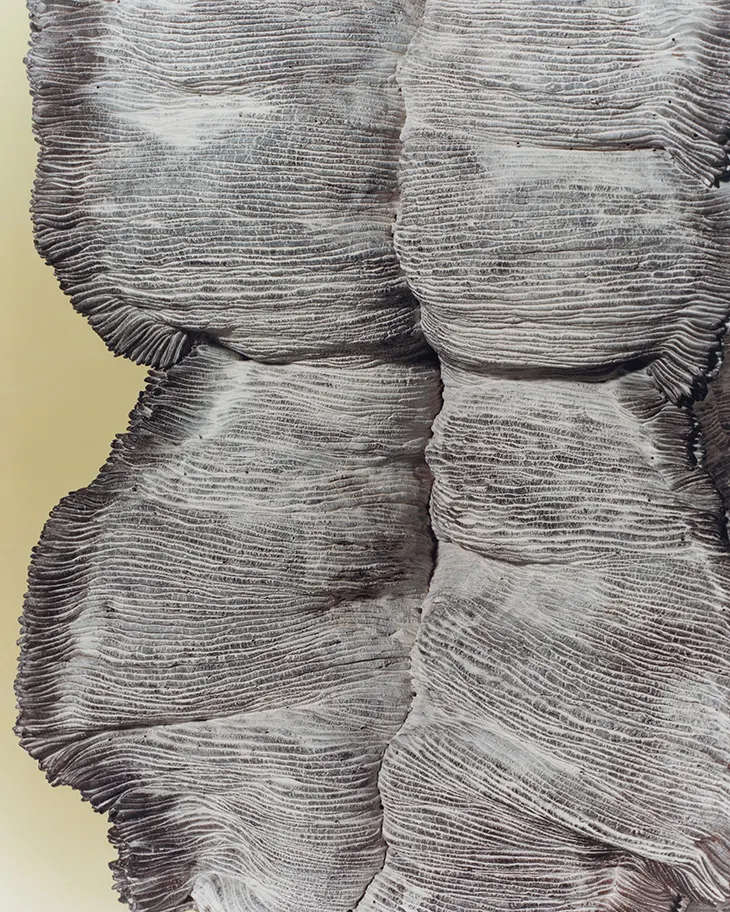
The 2025 edition also recognized two special mentions. Nigerian designer Nifemi Marcus-Bello, born in 1988, received a mention for TM Bench with Bowl (2023), a sculptural piece made from reclaimed aluminum sourced from the automotive industry. The bench reflects themes of global trade, manufacturing, and consumer habits. Its geometric design and use of unpolished material deliver a clear message without relying on ornamentation.
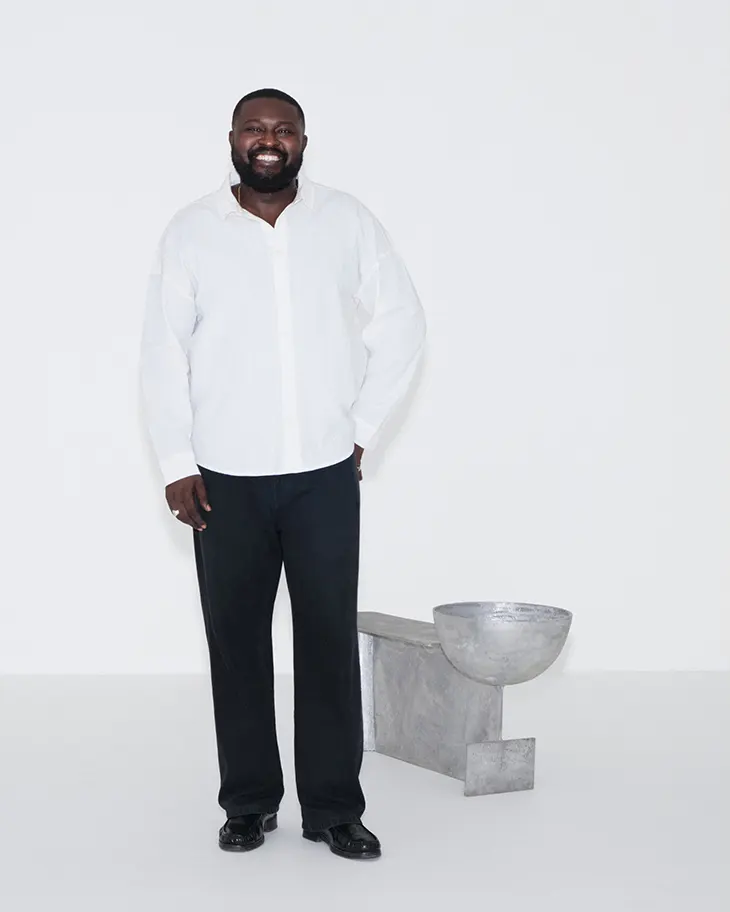
The second special mention went to India’s Studio Sumakshi Singh for Monument (2024), a life-size column made from copper zari. The team constructed the work on a water-soluble fabric frame, which they later dissolved to leave only the threaded form. The finished structure draws from a 12th-century colonnade in Delhi, using fragile materials to reflect the persistence of cultural memory even as original monuments deteriorate. The jury responded to its conceptual clarity and its tension between visual weight and physical delicacy.
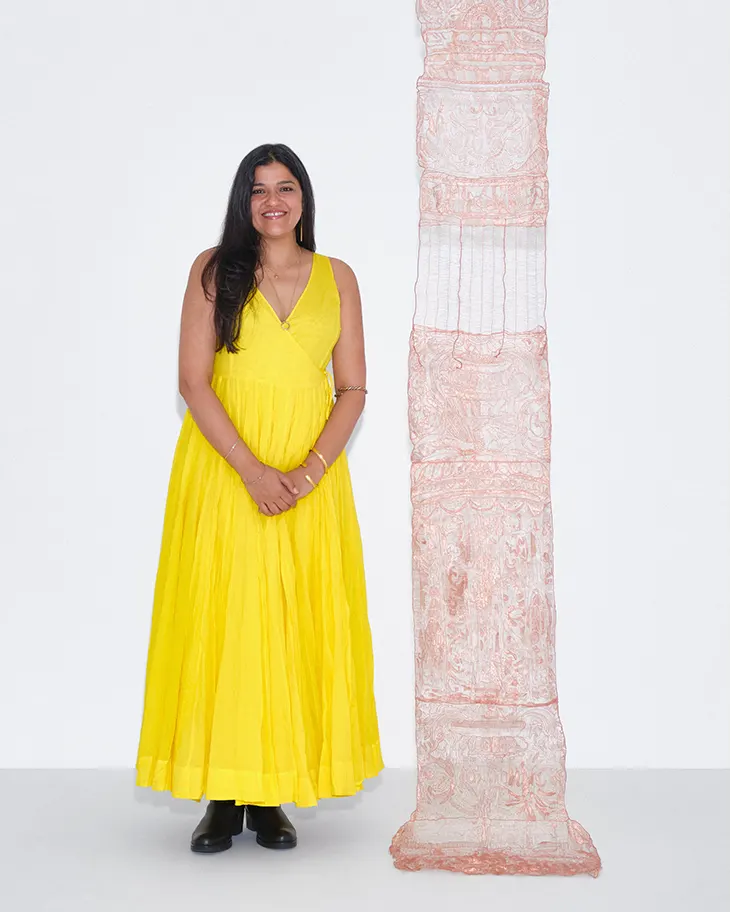
LOEWE launched the Craft Prize in 2016 as part of its effort to support modern craftsmanship. Since then, the prize has recognized both emerging and established artists working across disciplines such as ceramics, metal, lacquer, wood, textiles, paper, and glass. For the 2025 edition, a panel of experts selected the finalists in February from thousands of entries, shortlisting artists from 18 countries and regions.
The finalists’ works reflect a broad shift in craft, where makers use inherited methods in unfamiliar ways or apply traditional skills to new materials. In some entries, artists translated basketry techniques to ceramics or applied loom weaving approaches to metal. Others referenced ritual or oral traditions, while a few introduced sculptural forms shaped by personal technique rather than formal legacy.
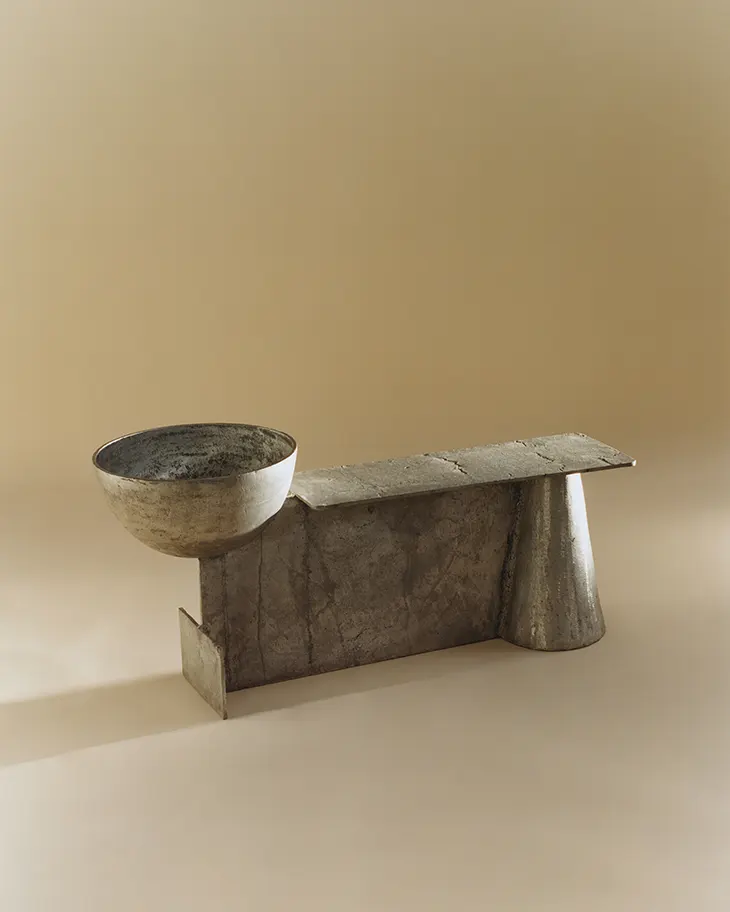
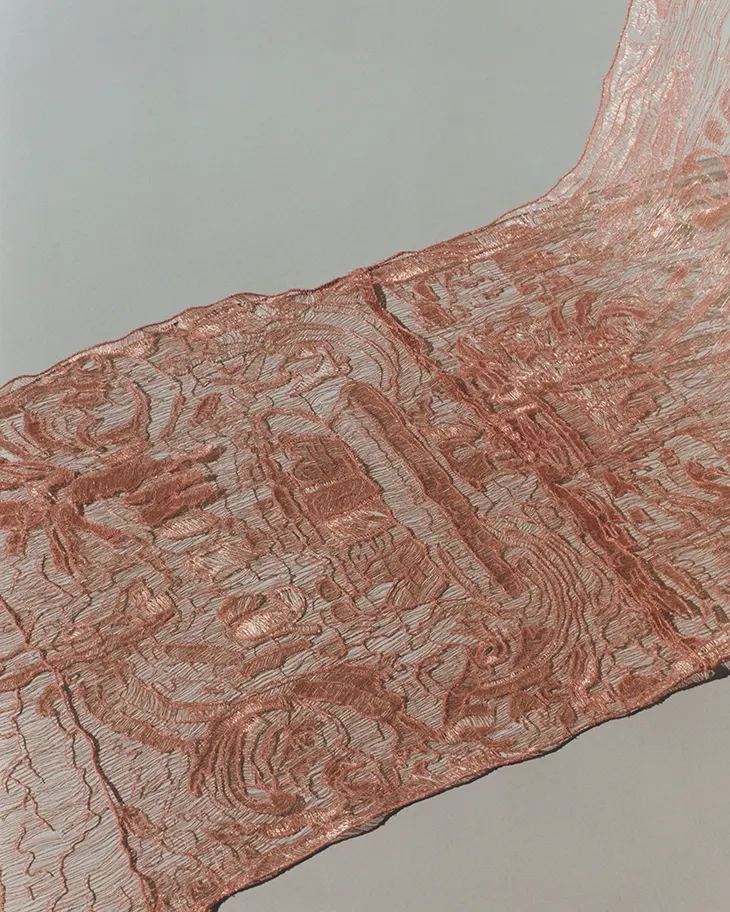
LOEWE FOUNDATION President Sheila Loewe reflected on the significance of the eighth edition: “Each year, the magic of the prize for me is seeing craft’s continued capacity to surprise, innovate and evolve. I am immensely proud of the prize’s role in keeping craft alive.”
The 2025 LOEWE Craft Prize exhibition remains open to the public through late June, with the entire presentation also available online and in an accompanying catalogue.
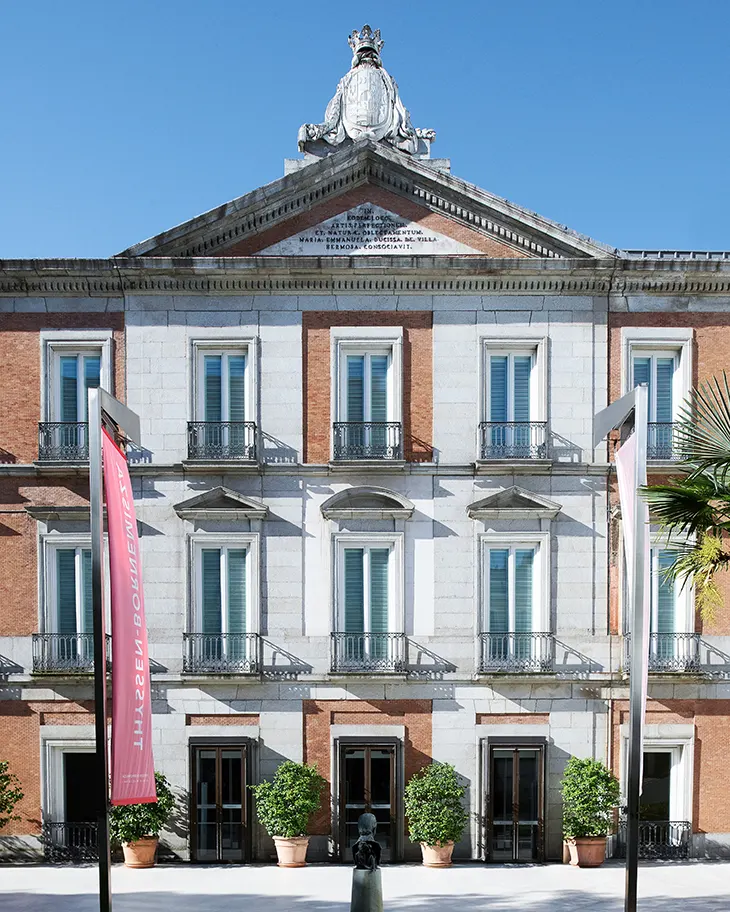
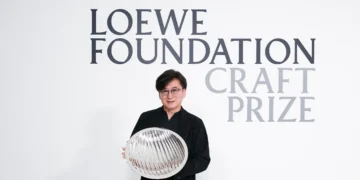













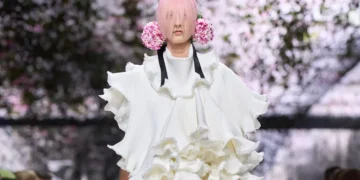
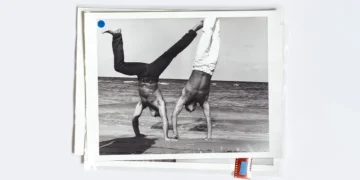
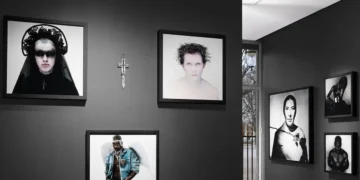
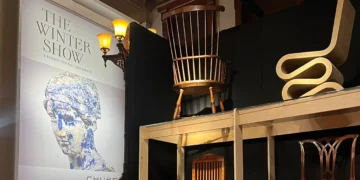


wow! I absolutely love Kunimasa’s work! Great choice by Loewe team, i have to say this is becoming a very strong event taking in account it is organized by a fashion brand.